I was recently chatting with a buddy of mine and we discussed a presentation made by NSF&G club member Dr. Ken Ashley at the 2024 BCWF AGM where he talked about the effect of climate change on small lakes and what that means to anglers. My pal mentioned that he was seeing a lot of green matter in lakes that he fished and I suggested that it might be a result not only of climate change, but also logging contributing to higher water temperatures that throw lakes out of balance and make it much tougher on fish.
Now, full disclosure: neither my buddy nor I are smart, well informed people, but my friend didn’t think there was much logging in the Chilcotin, and that if there was a lot of it was probably salvage logging.
As we all know, salvage logging is something we have to do, right? I mean, we can’t just leave those beetle or fire killed trees standing and going to waste, can we?
Eddie Petryshen has a different opinion. I know Eddie from X, but in the real world Eddie is a conservation specialist who works with Wildsight in the Kootenays. You can find him on Wildsight’s webpage here and on X here.
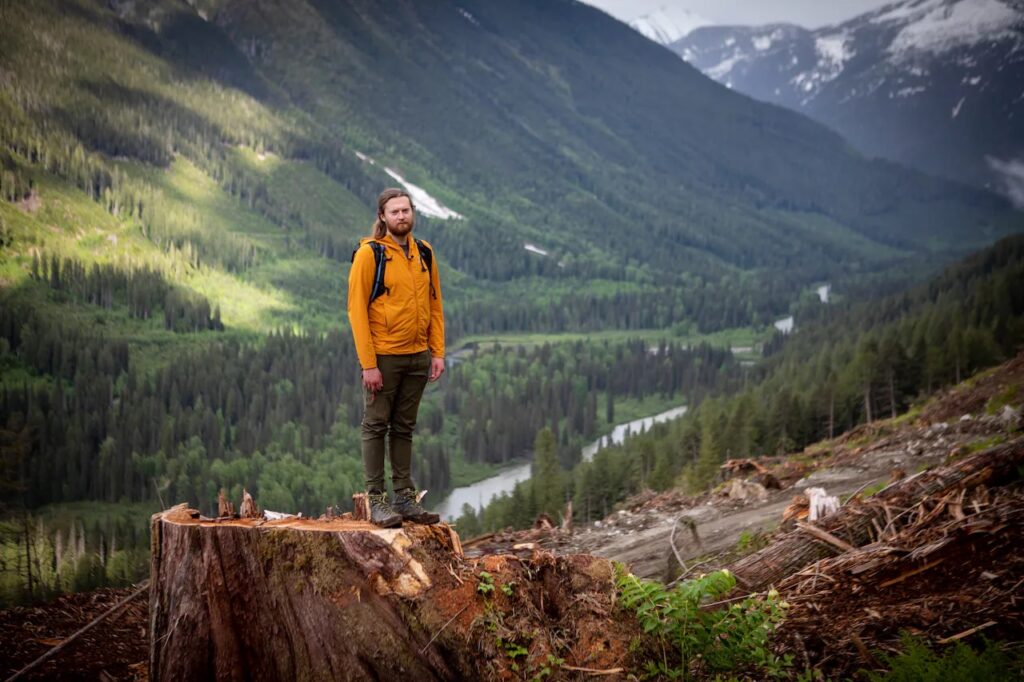
Eddie works to improve logging practices on the ground and at a provincial level as well as on old growth protection, caribou recovery, recreation and land-use planning. He’s an East Kootenay local yokel, a conservationist and a human and coffee powered adventurer fighting for the land, water, and critters.
What follows is one of his recent X threads, reprinted with his kind permission:
SALVAGE LOGGING IN BC
The climate is changing rapidly here in BC. As climate chaos continues to become more extreme we will see more fires and more forest disturbance from insects like bark beetles. But let’s talk about what happens after fire or beetles. Let’s talk about salvage logging.
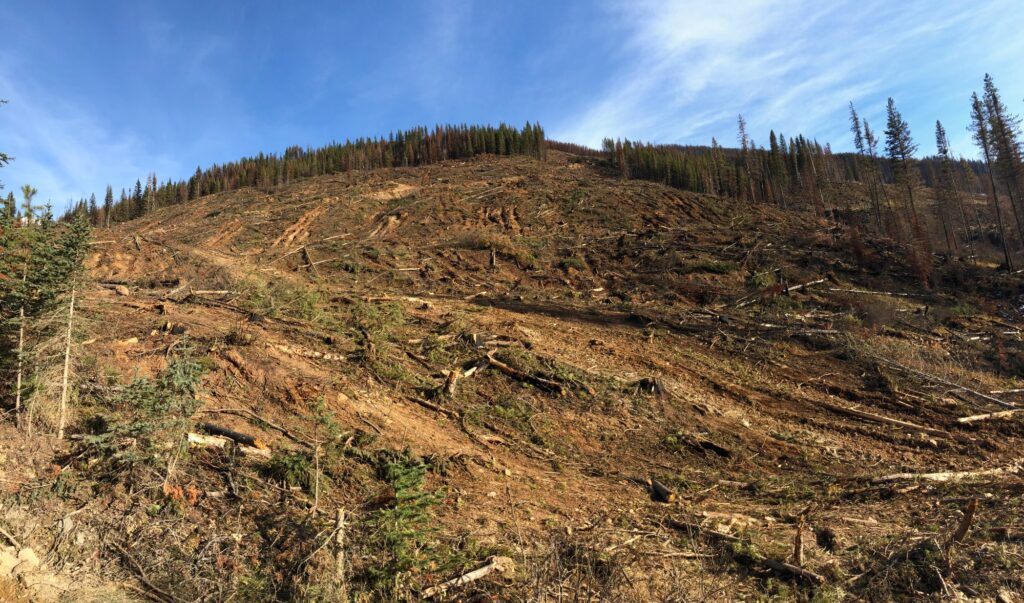
The
@bcndp recently further incentivized and prioritized industrial salvage logging. So what’s the problem and issue?
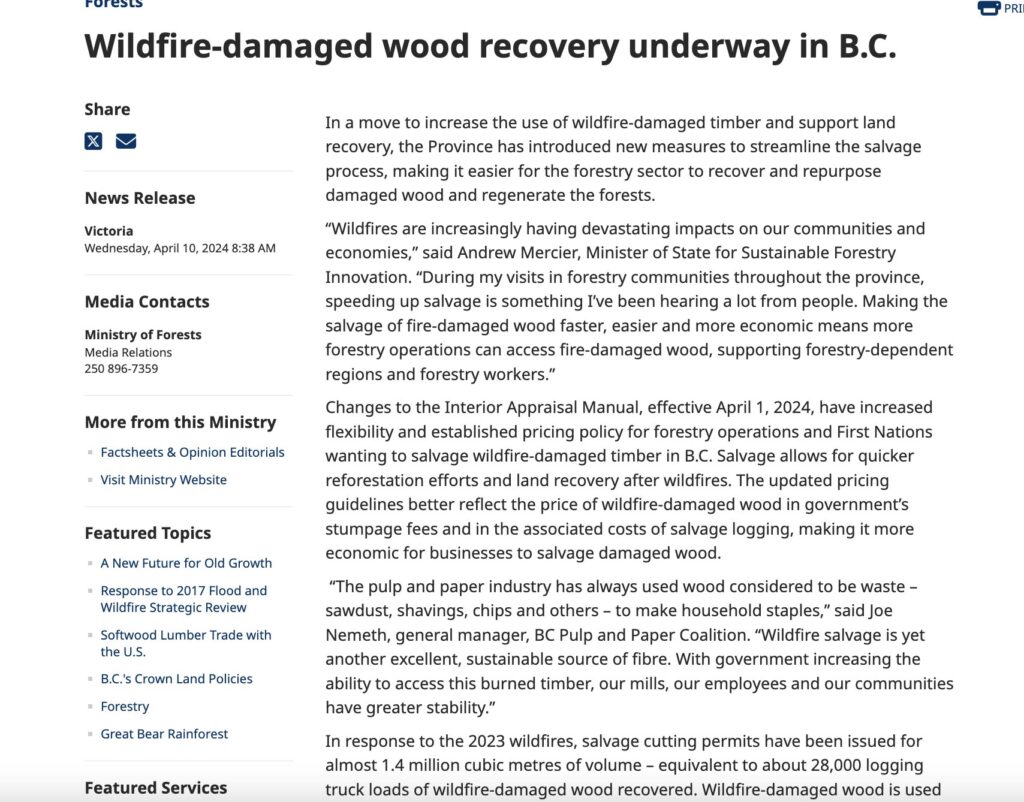
Salvage logging is logging that takes place after a natural disturbance.
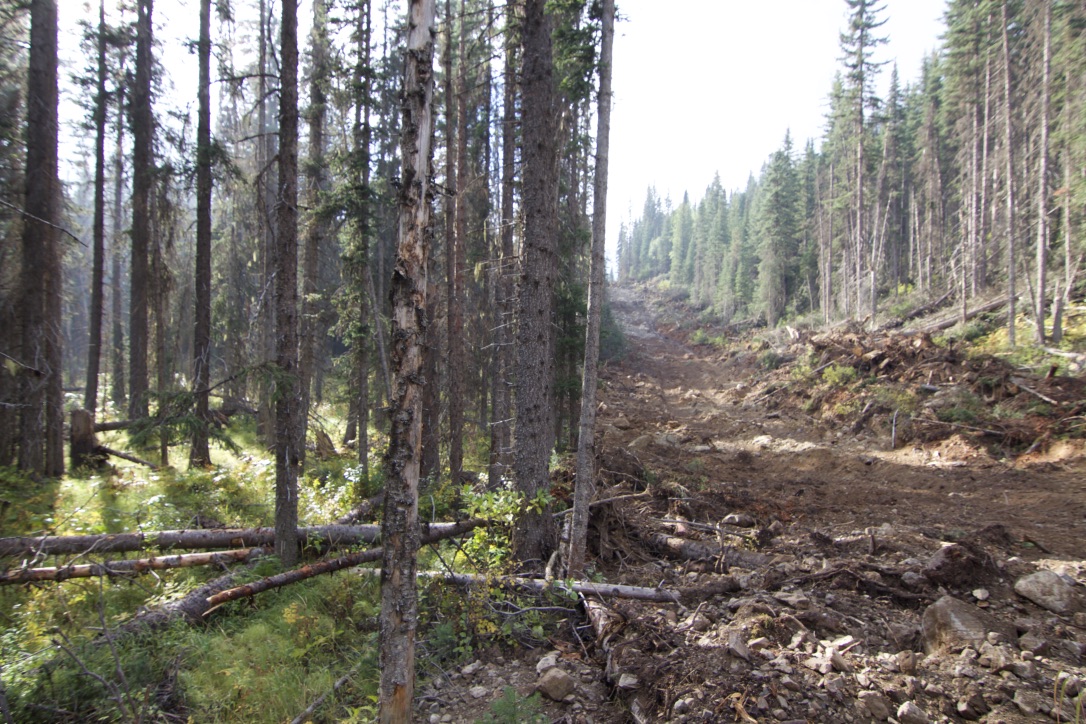
This logging is heavily subsidised as logging companies will pay low stumpage rates for the trees logged. The province incentives logging as companies are on the hook for reforestation and the province wants to maximise getting burnt timber to mills + pellet + pulp operations.
BC’s ecosystems evolved with disturbance. Our remaining primary forests are a result of the complex natural + diverse disturbance regimes. From wet ancient stands that evaded fire or large disturbance for 1000s of years to open forests and grasslands that burned every 3-5 years.
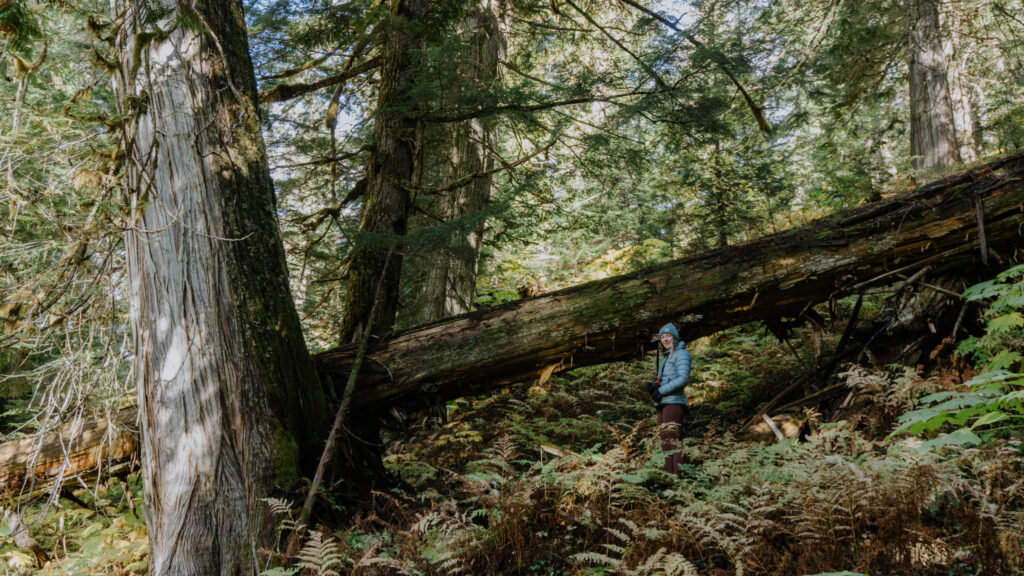
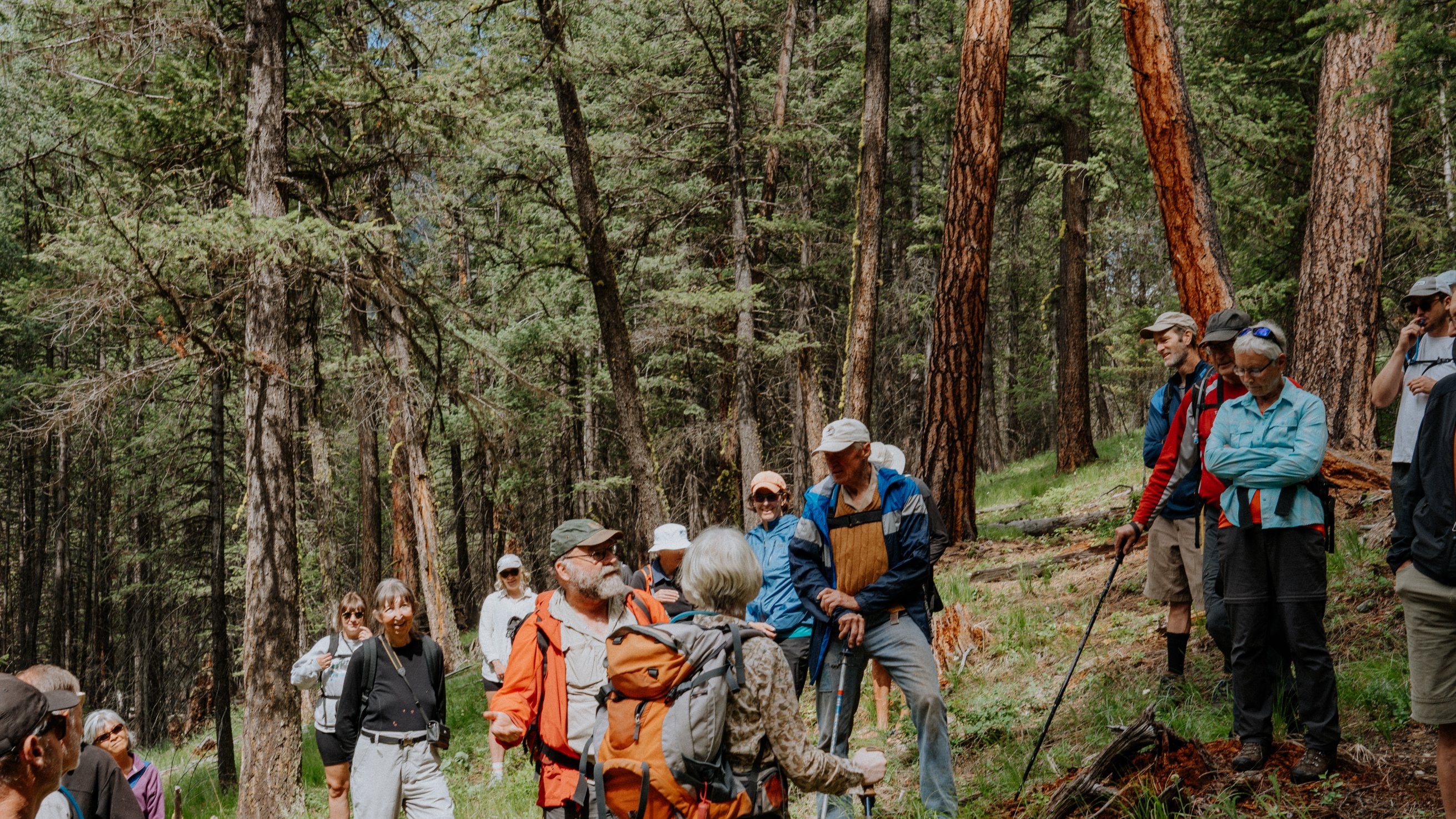
It’s important to acknowledge natural disturbance is about survivors, it’s about a legacy of living organisms and dead materials. It’s about variability even in severe burns. I think the concept of complex early seral forests is an important piece of the puzzle.
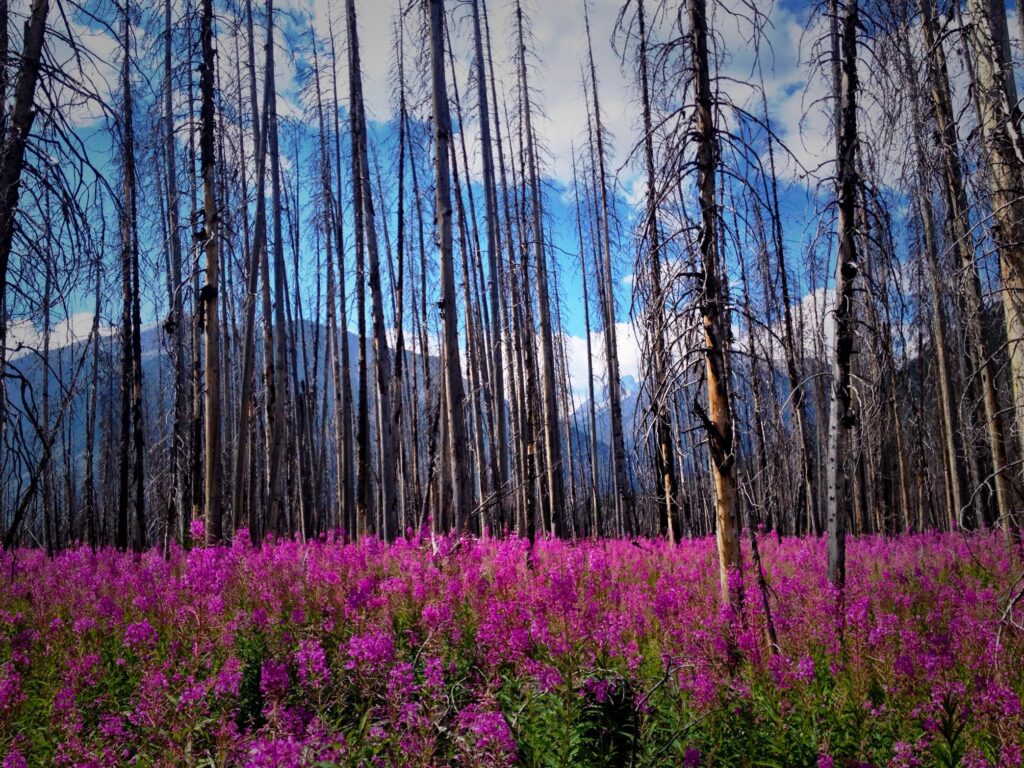
Naturally disturbed forests provide complex early seral environments with more species, complexity, snags, greater biological legacies and unique understory vegetation. Salvaging removes that habitat complexity, which is not recovered with replanting.
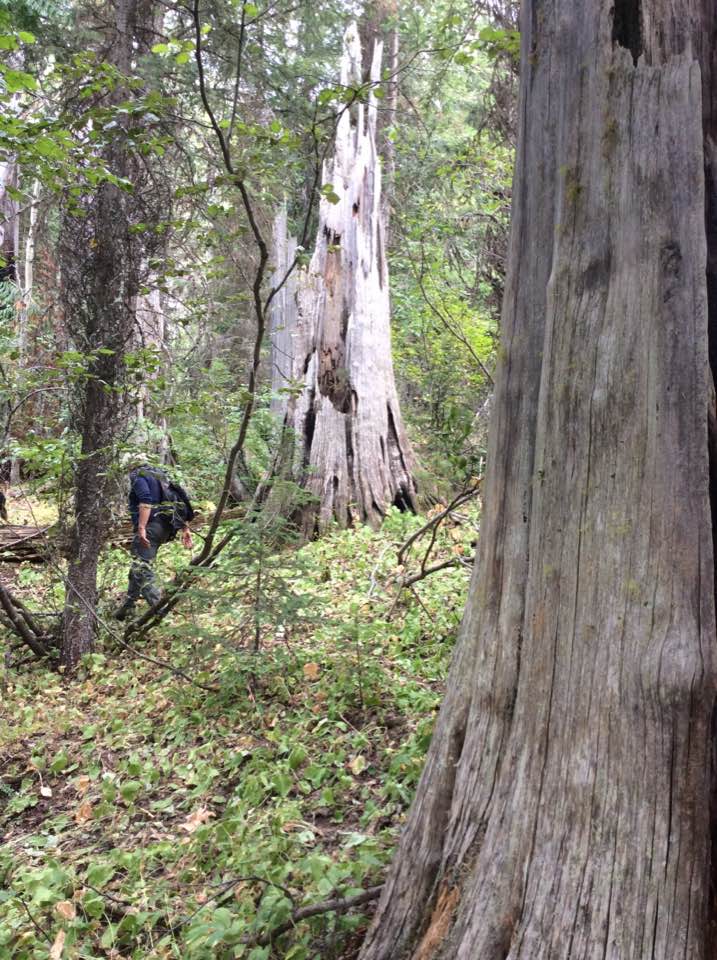
There is a growing body of evidence that salvage logging interferes with natural ecological recovery (see the linked paper here).
The authors of that report ^ describe salvage logging as a tax on natural ecological recovery.
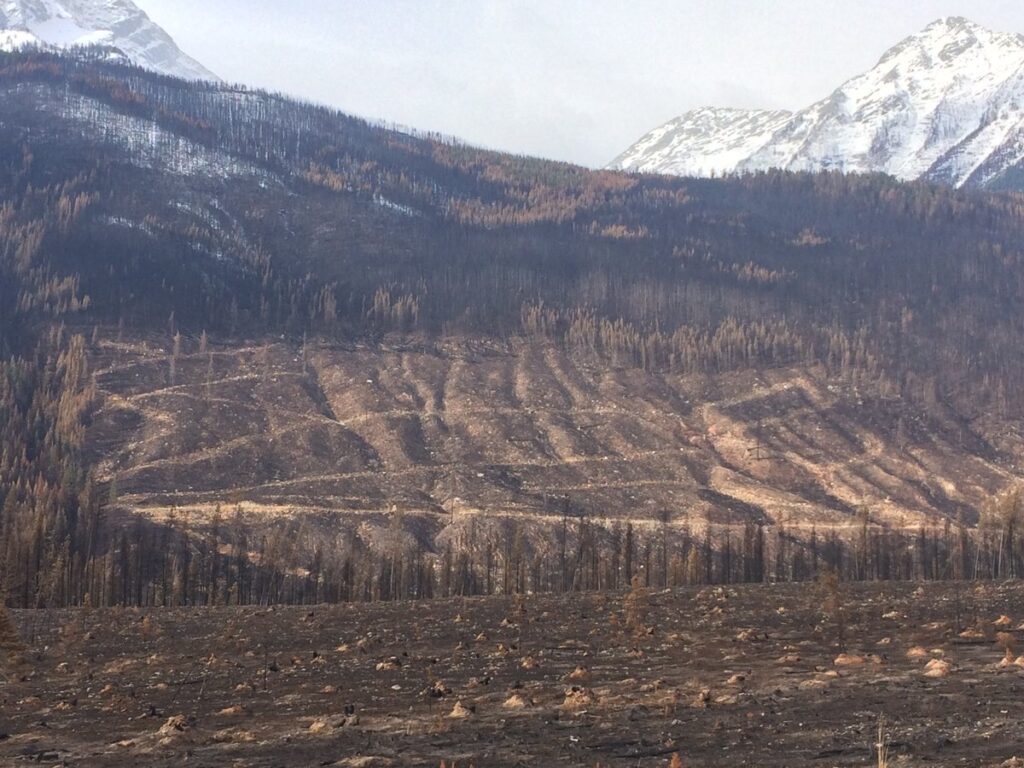
Salvage logging can degrade the soil’s ability to retain moisture and regulate temperature, which limits regrowth and encourages erosion, sedimentation and even landslides. The impact on fish-bearing streams can be catastrophic.
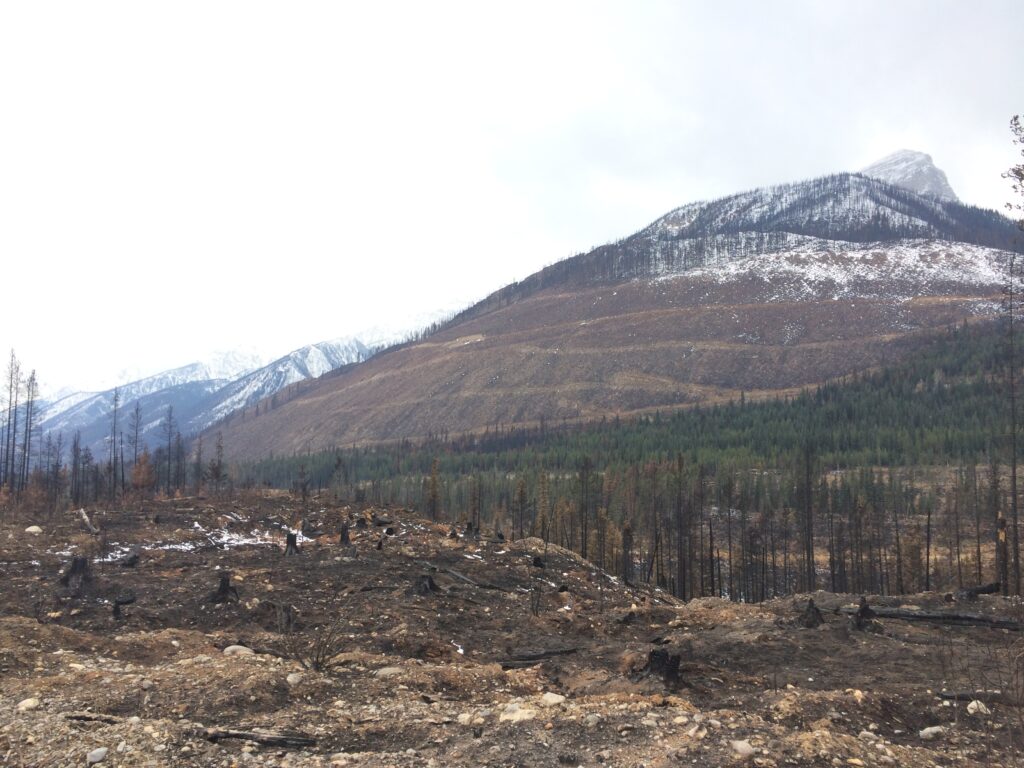
It’s a question about how we want to treat water. This study quantifies just how much we impact water quality by salvage logging. “For all parameters evaluated, salvage-logged catchments were more heavily impacted than either burnt or unburnt catchments” (paper here)
Finally, is salvage logging an effective strategy to mitigate endemic bark beetles outbreaks?
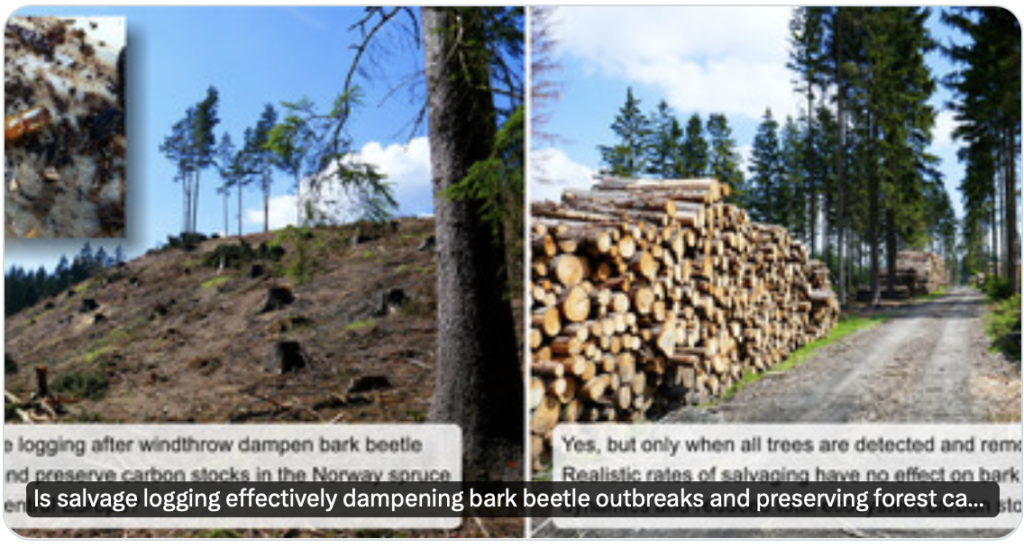
Increasingly we’re realising that burnt forests and the ecosystems they produce while they recover are incredibly important. If ecosystem resilience is the priority we should let these forests recover on their own for the most part.
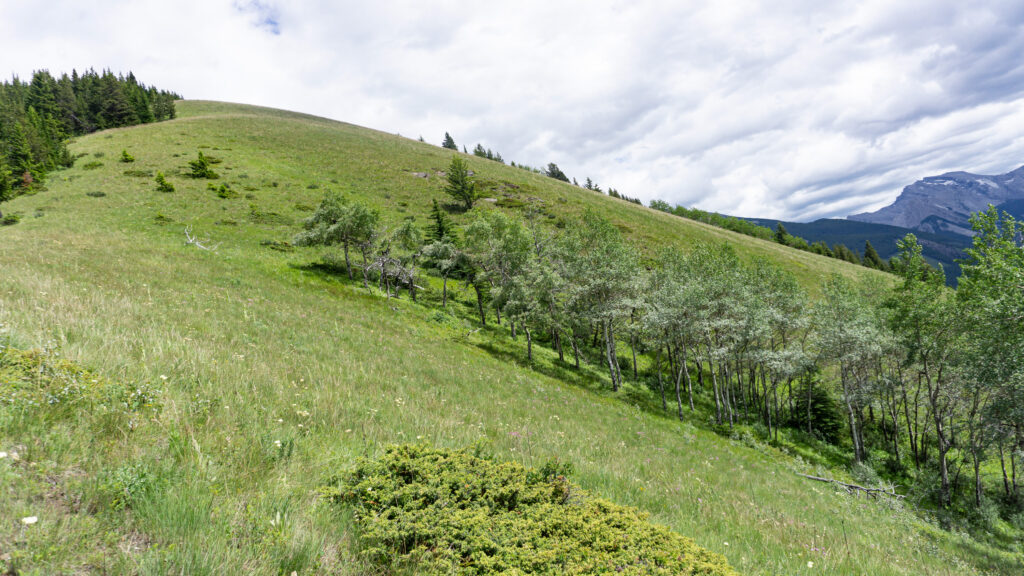
Thanks for letting us share this, Eddie.
If anyone wants to see the original X thread with comments you can find it here.